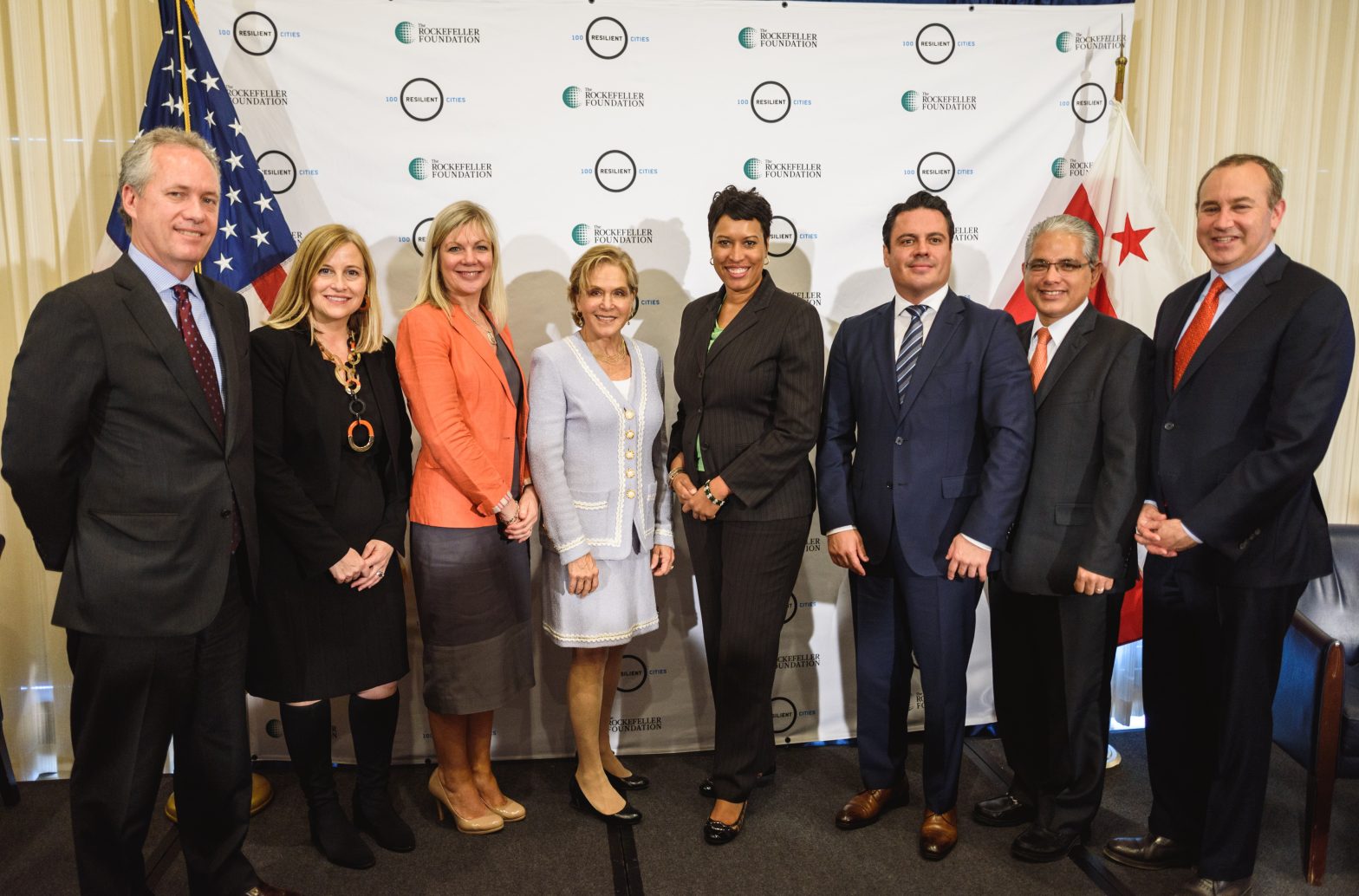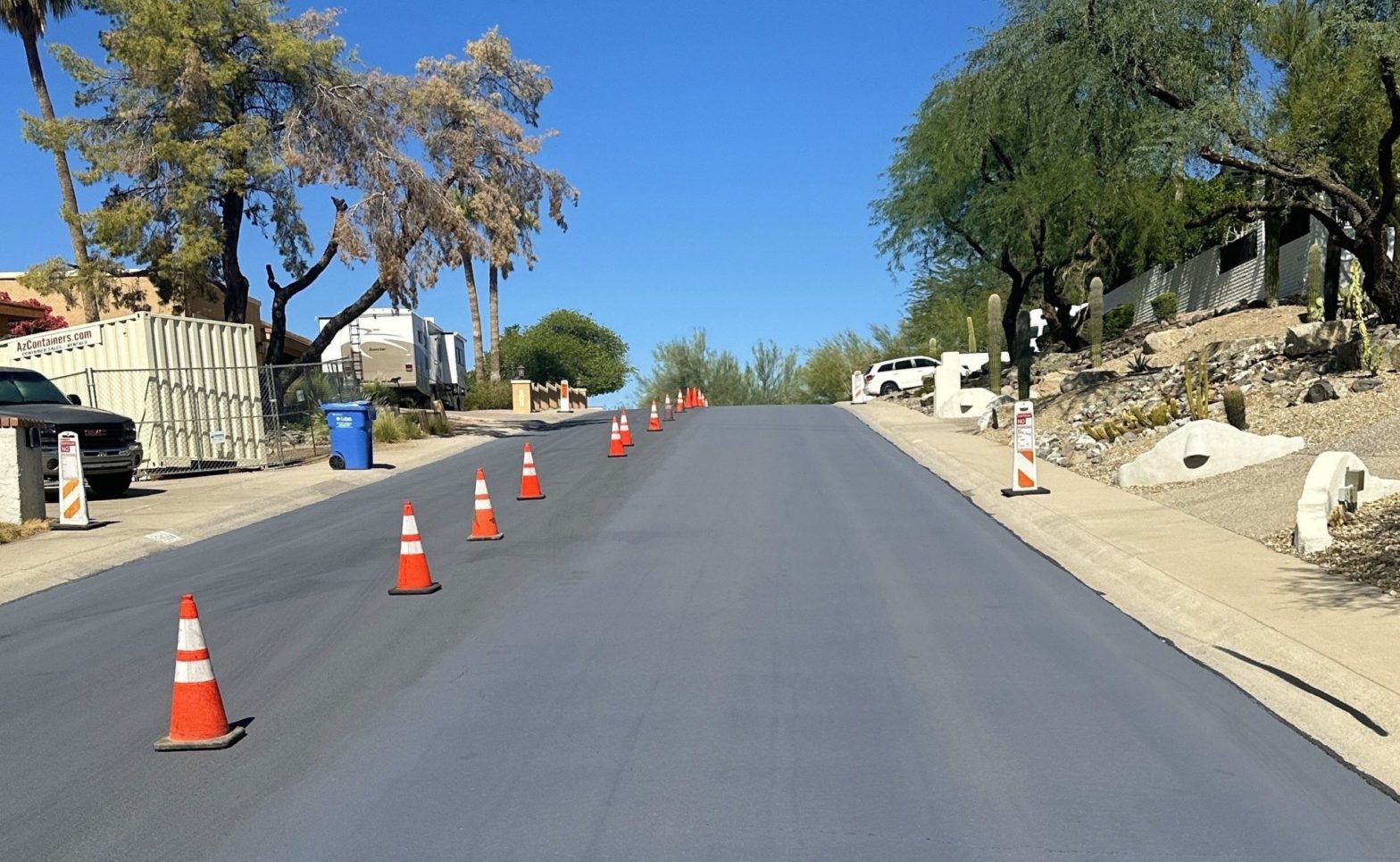
Photo: 100-Resilient-Cities-National-Press-Club-Nathan-Mitchell-Photography-1-2
Final round of cities selected by 100 Resilient Cities network
26 May 2016
by Mythili Sampathkumar
The Rockefeller Foundation and 100 Resilient Cities (100RC) have announced that 37 new cities have signed on to their global urban resilience network. This latest cohort fulfills the goal set out in 2013 by the foundation to assist 100 cities in establishing a Chief Resilience Officer (CRO) position and implementing resilience into city planning.
As 100RC spokesperson, Andrew Brenner, told Cities Today, the organisation received 325 applications during this third round of reviews to join the network. Brenner was quick to say that a city’s acceptance is “definitely not a signal that a city is resilient,” but that local authorities had demonstrated a commitment to make the “journey” towards “openly addressing challenges that will only grow ever more severe.”
Brenner explained that the approximately US$164 million grant provided by the Rockefeller Foundation is available to the network to pay the salary for at least two years for the CRO position. The grant also helps 100RC cover the costs for consultants to assist the CRO to implement resilience action plans. Brenner said: “Cities are great at making action plans…but they often sit on shelves. We want to actually implement them.”
The senior-level city appointment that will report to the mayor would “bridge the gap [between] the people who design a programme and those that implement it” as well as “pulling the the thread of resilience” through all city projects, he outlined. He explained that the amount of money allocated to each network member city and the nature of the CRO position will be tailored to the needs of the city. There are currently 50 CROs with 12 resilience implementation plans in the network.
Approximately US$200 million of in-kind services are available from 100RC’s 70 corporate partners and Brenner expects that to increase in the next few years now that the goal of 100 cities has been reached.
Nairobi, Washington DC, Atlanta, and Panama City are part of the latest diverse group. There are no plans to hold another round of applications to join the network but Brenner said the current network has a greater impact beyond just 100 cities.
“One city on their own can have an impact but in a lot of countries this network can have a broader impact [regionally], not just on other cities but governance and applying for joint state and regional funding, like in the EU.”








